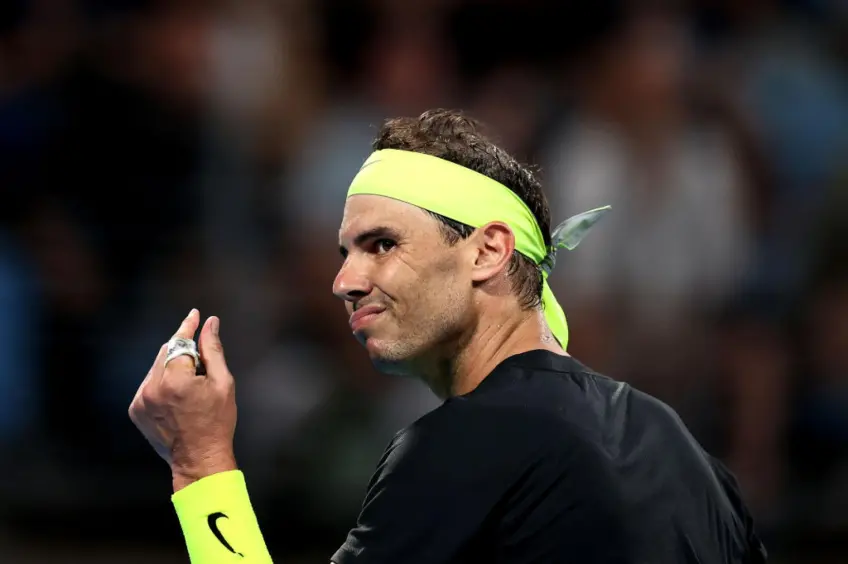Mastering Self-Critique in Tennis: Sustaining Mental Flexibility for Continuous Improvement
by FEDERICO COPPINI

Tennis is a sport that demands not just exceptional physical skills but also an extraordinary level of mental tenacity. The ability to maintain emotional equilibrium, to quickly adapt to unexpected changes, and to continually improve are crucial aspects that differentiate the good players from the champions.
Roberto Donadoni (italian soccer), though a soccer icon, offers a perspective on mental elasticity and self-critique that can be just as effectively applied to the world of tennis.
Playing a Set Against Yourself: The Power of Self-Critique
In tennis, every point, game, and set tells a story.
A match can be a sequence of actions and reactions where the slightest mistake can be costly. High-level tennis players are in constant analysis of their play, their opponents, and the playing conditions. Adopting a self-critical approach means having the maturity and intellect to admit where you've erred, to learn, and then to immediately apply that lesson on the court.
The Unspoken Communication: The Importance of Body Language
In tennis, unlike soccer, there's no room for team huddles or strategic timeouts during a match. Communication happens through body language and the intensity of one’s expression.
Having a disciplined demeanor, staying focused, and maintaining a positive posture can intimidate the opponent and sway the match's momentum.
Life Beyond the Court: Humanity Beyond the Game
Donadoni (italian soccer) emphasizes the importance of togetherness without the interference of technological devices.
This principle fits perfectly for tennis players, who often spend extended periods away from home and families, focused on tournaments. Building strong connections with coaches, staff, and even opponents can provide the emotional support network essential for overcoming moments of stress and pressure.
Conclusions: Growing Day by Day, Match by Match
Mental agility and the ability to self-critique are of immense importance in tennis. Great champions are not just defined by the number of titles won but by their ability to turn defeats into learning opportunities.
Constant personal and professional growth is the result of deep introspection and a relentless commitment to improving one’s game. Through Donadoni’s counsel, every tennis player can glean valuable lessons. Tennis, like life, requires mental flexibility, a culture of self-criticism, and the capacity to remain united as a community, even in the silence of one’s competitive spirit.
With every stroke, step, and match, the athlete engages in an inner dialogue that can lead to greatness or obscurity. The choice, ultimately, lies with the player.
